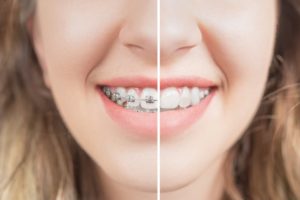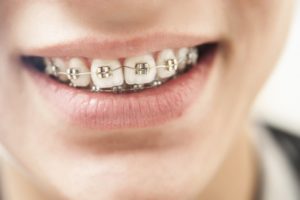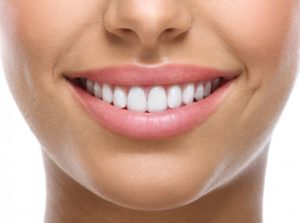According to some estimates, more than 90% of people will develop a dental cavity at some point in their life. Fortunately, treating this problem is relatively easy. In most cases, dentists simply use a filling material to stop the decay from worsening and protect the tooth’s interior. But what type of filling should you get? In the past, a metal-based material called silver amalgam was always used. Now, though, tooth-colored fillings in Belmont are available. In this blog post, we will discuss why tooth-colored fillings are the superior option.
(more…)




